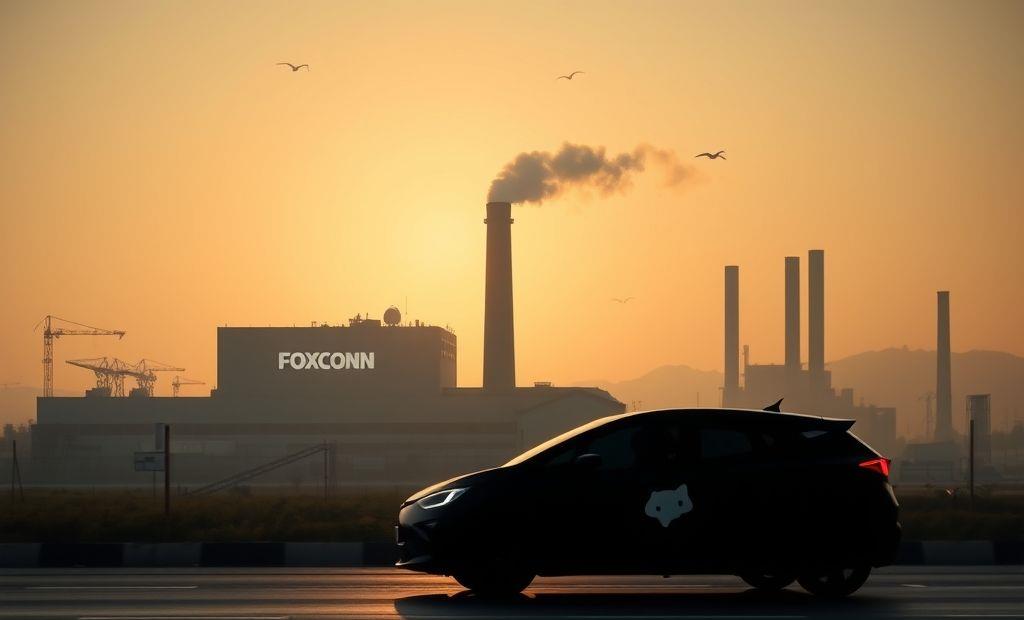Foxconn Sells EV Factory After Project Fails

Foxconn Sells Former GM Factory After Failing to Make EVs Foxconn, the electronics manufacturing giant, has sold its former General Motors factory in Lordstown, Ohio,...
⏱️ Estimated reading time: 2 min
Latest News
Foxconn Sells Former GM Factory After Failing to Make EVs
Foxconn, the electronics manufacturing giant, has sold its former General Motors factory in Lordstown, Ohio, to an undisclosed buyer. This move comes after the company’s ambitious plans to produce electric vehicles (EVs) at the site failed to materialize. The sale marks a significant shift in Foxconn’s strategy and raises questions about the future of EV production at the facility.
The Failed EV Dream
Foxconn initially acquired the Lordstown factory with the intention of transforming it into a major EV production hub. The company aimed to leverage its manufacturing expertise to compete in the rapidly growing EV market. However, various challenges, including production delays and shifting partnerships, ultimately led to the abandonment of these plans. For example, the partnership with Lordstown Motors fell apart. The sale marks an end to Foxconn’s plan.
Details of the Sale
While the buyer remains a mystery, the sale represents a clean break for Foxconn from its previous EV ambitions at this location. The financial details of the transaction have not been publicly disclosed. It is speculated that the new owner may have different plans for the factory, potentially involving alternative manufacturing or industrial activities.
Impact on the EV Market
The failure of Foxconn’s EV venture at the Lordstown factory underscores the complexities and challenges involved in entering the electric vehicle market. Established automakers and new players alike face intense competition and technological hurdles. The sale of the factory highlights the need for strategic agility and adaptability in the rapidly evolving EV landscape.
Foxconn’s Future Strategy
Despite the setback in Lordstown, Foxconn remains committed to the EV sector. The company is actively pursuing other opportunities and partnerships to expand its presence in the market. Foxconn is focusing on supplying key components and technologies to EV manufacturers, leveraging its core strengths in electronics and manufacturing. They are still engaged in automotive production.
Related Posts
Bluesky Enhances Moderation for Transparency, Better Tracking
Bluesky Updates Moderation Policies for Enhanced Transparency Bluesky, the decentralized social network aiming to compete...
December 11, 2025

Google Maps: Gemini Tips, EV Charger Predictions & More!
Google Maps Gets Smarter: Gemini Tips & EV Updates Google Maps is enhancing user experience...
December 9, 2025

US, UK, Australia Sanction Russian Web Host
Crackdown on Russian ‘Bulletproof’ Web Host The United States, United Kingdom, and Australia have jointly...
December 6, 2025
1 Comment
-
Organic Traffic
some truly rattling work on behalf of the owner of this internet site, dead outstanding written content.











some truly rattling work on behalf of the owner of this internet site, dead outstanding written content.